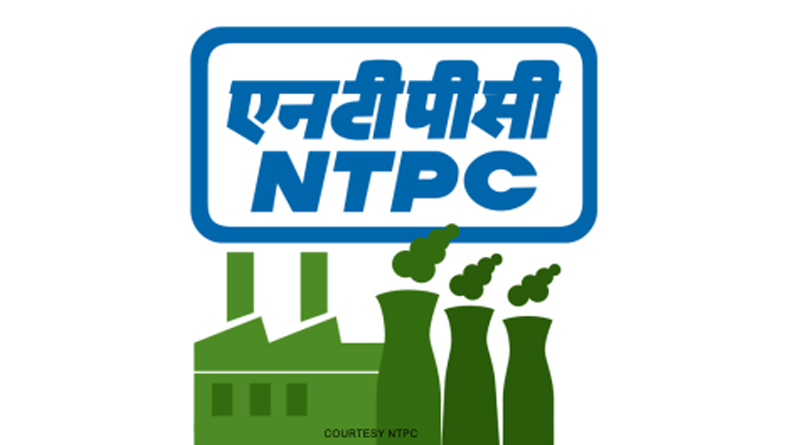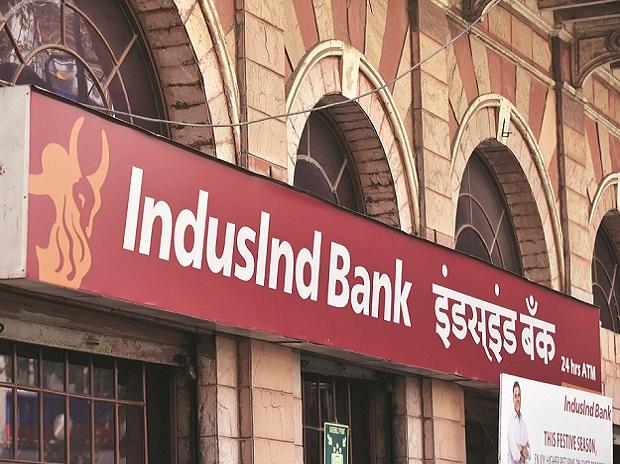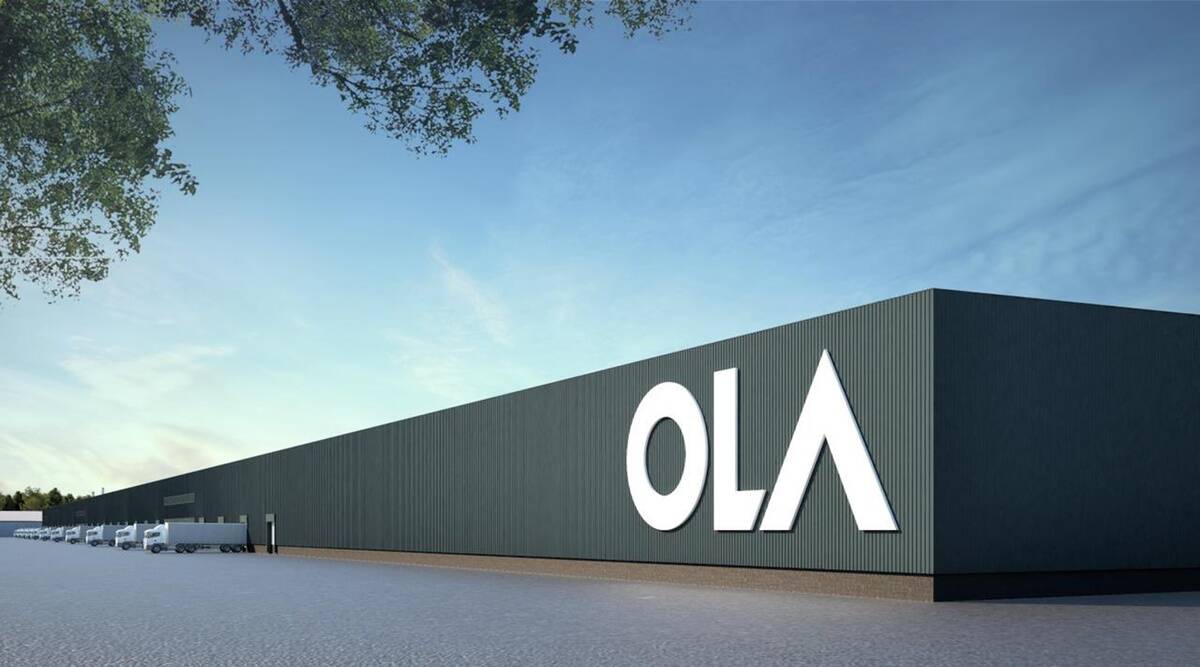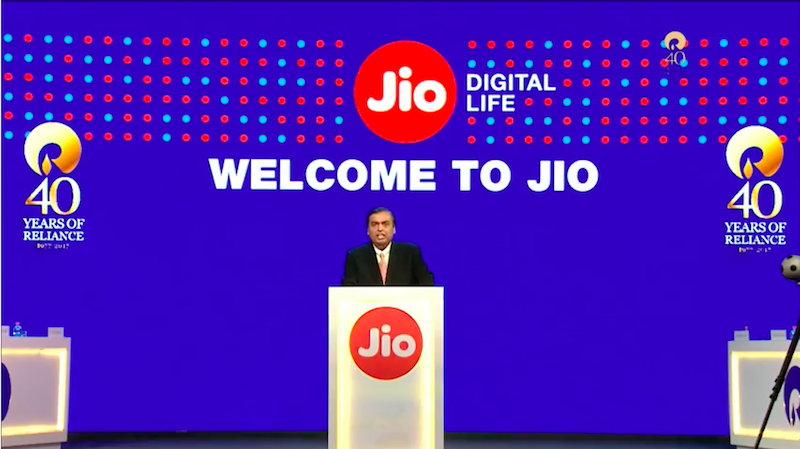“I thought it would take me four to six years of revenue to go public,” Founder and Chief Executive Officer Bhavish Aggarwal said in an interview while sipping iced Vietnamese coffee in New Delhi’s bustling Connaught Place.
Ola Electric’s scooter business has also been affected by delivery delays due to chip shortages, and issues with quality and fire.
Ola Electric Mobility Pvt. is in line for an initial public offering sooner than its founder previously imagined, reflecting the Indian startup’s whirlwind pace of growth since it started selling electric scooters in late 2021.
“I thought it would take me four to six years of revenue to go public,” Founder and Chief Executive Officer Bhavish Aggarwal said in an interview while sipping iced Vietnamese coffee in New Delhi’s bustling Connaught Place. “Now I can feel that it will be much earlier. Ola Electric has grown and matured faster than I had initially planned because the market response has been very strong.”
The company, whose backers include SoftBank Group Corp. and Tiger Global Management, has become leader in India’s electric-scooter market with a 38% share. It has sold more than 239,000 electric scooters since December 2021, according to data from the Society of Manufacturers of Electric Vehicles.
While demand initially came from first-time scooter buyers, most of Ola Electric’s customers now are already fully-fledged converts, said 37-year-old Aggarwal, dressed in a black Nehru jacket, popularized by India’s first Prime Minister Jawaharlal Nehru and later, The Beatles.
Branching Out
Aggarwal has ambitions to expand, with plans to unveil a motorbike by the end of this year and a battery-powered car in 2024, though the timelines may change. He also continues to consider exporting scooters to Southeast Asia, Latin America and Europe, a proposition that got waylaid because demand at home was so strong, according to Aggarwal, whose first startup, ANI Technologies Pvt., runs Ola ride-hailing operations.
Ola Cabs got as far as selecting banks for a $1 billion IPO in Mumbai, Bloomberg News reported in August 2021, but that never materialized. The company, which competes against Uber Technologies Inc., is a “profitable business for us now,” Aggarwal said in last week’s interview in Delhi. He didn’t comment on any renewed attempts to list, nor did he mention a date for a possible Ola Electric IPO.
Aggarwal is building a 115-acre battery factory in southern India, pitting him against billionaire Mukesh Ambani’s Reliance Industries Ltd., with the aim of making lithium-ion cells primarily for Ola Electric vehicles, as well as potentially offering energy storage and home energy solutions.
Manufacturing EV components in-house will help Ola Electric sell cars on a bigger scale and increase margins, said Aggarwal, who graduated from the Indian Institute of Technology in Mumbai. Designing vehicles from scratch will give the company more control of quality and costs in a market where most EVs are converted from gasoline models, he said.
Achieving success in electric cars won’t be easy. Combustion-engine vehicles remain the favored mode of personal transport in India and dominate the country’s roads. EVs have been held back by the country’s lack of charging facilities and their high price tags. Nationwide sales reached 49,800 last year, just 1.3% of the 3.8 million passenger vehicles sold, according to Bloomberg NEF.
Top-notch SEBI registered research analyst
Best SEBI registered Intraday tips provider
info@eqwires.com
Telegram | Facebook | Twitter
Call: +91 9624421555 / +91 9624461555
www.eqwires.com





